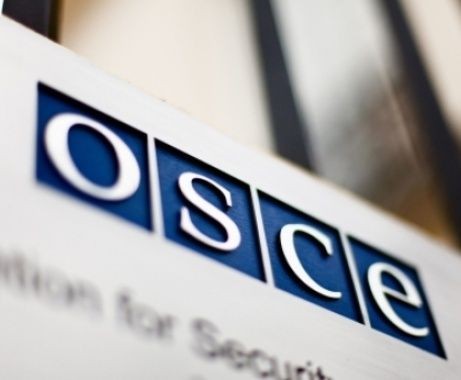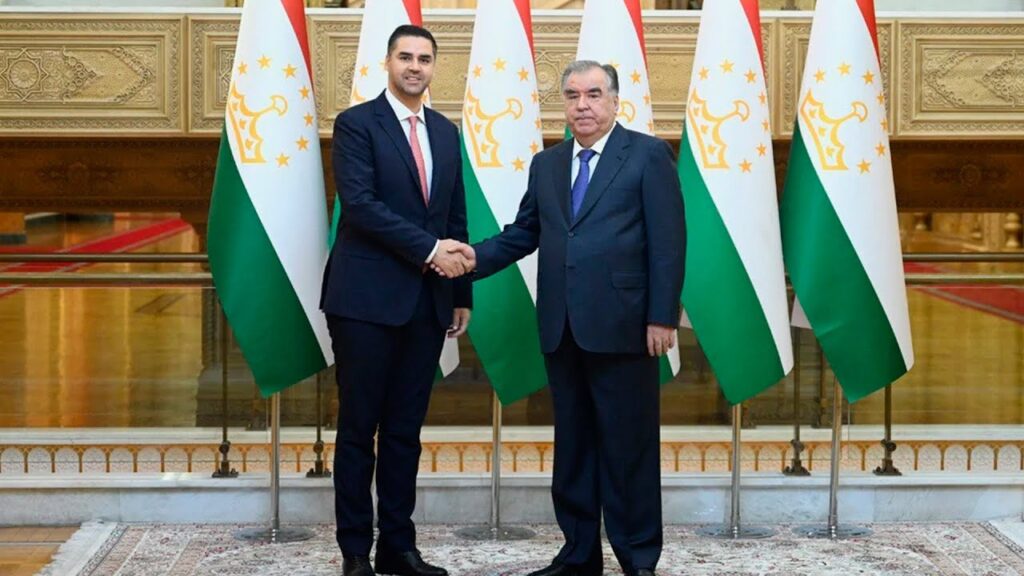BISHKEK (TCA) — Enhancing security dialogue in Central Asia, countering new challenges and threats in border areas, promoting Mediterranean cooperation and strengthening citizens’ engagement in building secure societies have been among the topics of debate at the OSCE Parliamentary Assembly’s 17th Autumn Meeting in Bishkek, Kyrgyzstan this week.
Some 300 delegates including 160 parliamentarians from OSCE participating States and Partners for Co-operation have participated in the meeting, hosted by the Jogorku Kenesh (Parliament) of the Kyrgyz Republic.
Speakers at the event included President of the Kyrgyz Republic Sooronbay Jeenbekov, Speaker of the Jogorku Kenesh (Parliament) of the Kyrgyz Republic Dastanbek Dzhumabekov, Kyrgyzstan’s Minister of Foreign Affairs Erlan Abdyldaev, representatives of OSCE field operations in Central Asia, and a representative of the Chairmanship of the OSCE Contact Group with the Mediterranean Partners for Co-operation.
In his closing remarks on October 5, OSCE PA President George Tsereteli (Georgia) highlighted the main themes and outcomes of the debates in Bishkek.
“We have analyzed how confidence-building and regional co-operation can help us counter new challenges and threats in border areas, such as trafficking in human beings along migration routes, tackling the trafficking of illicit drugs, or preventing the spread of terrorism,” he said. “We have discussed how the Mediterranean and Central Asia can learn from each other to address migration, trade, and environmental challenges.”
He also pointed out the importance of engaging citizens to provide a comprehensive answer to all these challenges. “As we return to our national parliaments, we must turn these ideas into concrete plans,” he said. “We must carry on holding our governments accountable and pushing them to live up to their commitments.”
Introducing the first session of the Parliamentary Conference, dealing with promoting regional co-operation, OSCE PA Vice-President Kari Henriksen (Norway) noted that responding to common transnational threats such as terrorism, organized crime, drug trafficking, illegal migration, trafficking in human beings, and cyber threats have had the effect of strengthening ties between the Central Asian countries.
“This increased co-operation has materialized in the form of a number of bilateral agreements on confidence-building measures at borders with a view to boosting regional security and stability,” she said. “The OSCE is particularly well positioned to address the challenges and threats associated with border areas and to strengthen regional co-operation thanks to its comprehensive security concept.”
Members of Kyrgyzstan’s Delegation underscored these points, noting that cross-border co-operation is key to many different issues and that building regional co-operation will help build security for the whole OSCE area. Enhancing trust and confidence and promoting regional economic development will also provide a basis to counter extremists, they said, noting that the OSCE PA is a key forum to build confidence and co-operation in the OSCE area.









